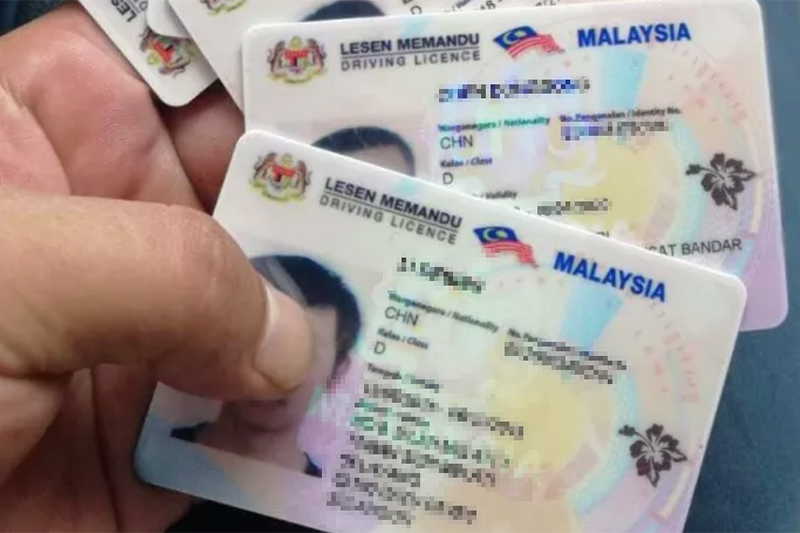The Road Transport Department (JPJ) is in the final phase of reviewing significant improvements to the Kejara demerit points system, which aims to strengthen enforcement against repeat traffic offenders and dangerous drivers. The planned changes are part of an overhaul initiative announced by Transport Minister Anthony Loke last month.
JPJ director-general Datuk Aedy Fadly Ramli said the system is currently undergoing its final review within the department before being submitted to the Transport Ministry for further consideration. He explained that the improvements will take time to implement, as they involve legal amendments and approvals from higher authorities, including the Attorney General’s Chambers.

“The Kejara system is a key safety mechanism that needs to be made more effective,” he said during a press conference following an engagement session with the Association of Lorry Operators and Express Tourism Bus Operators on road safety initiatives. “We are finalising the details before presenting them for ministerial review.”
The Kejara system, first introduced in 1984 under the Road Transport Act 1987, assigns demerit points to drivers who commit scheduled traffic offences. Despite its original purpose, Kejara was suspended in 2011 due to enforcement issues, but was reintroduced in 2017 alongside the Automated Enforcement System (AES) under the combined framework known as the Automated Awareness Safety System (AWAS).

Anthony Loke had previously criticised the system’s ineffectiveness, saying it had failed to function as intended. While still active, Kejara currently deducts demerit points only when a summons is settled or the offender is charged in court, which is considered as a loophole that has allowed many to avoid penalties simply by not paying their fines. The overhaul will focus on enabling prompt and consistent enforcement so that traffic violators are held accountable without unnecessary delay.
(Source: Bernama)


